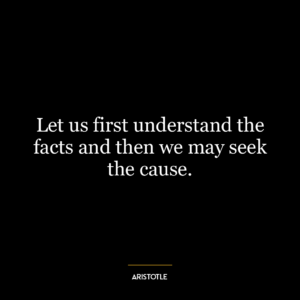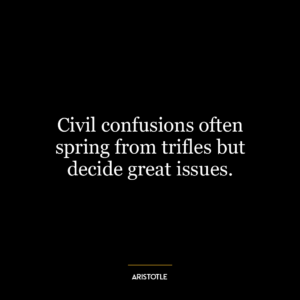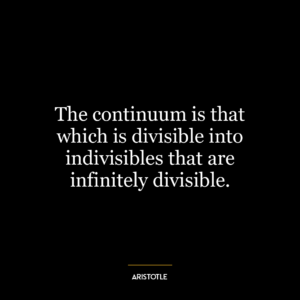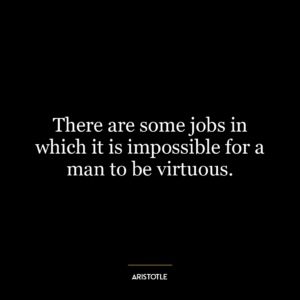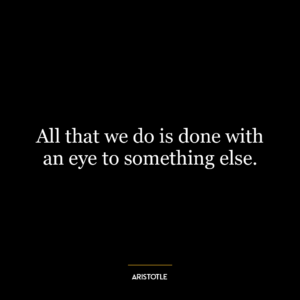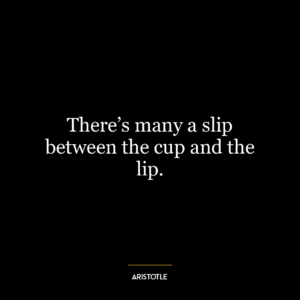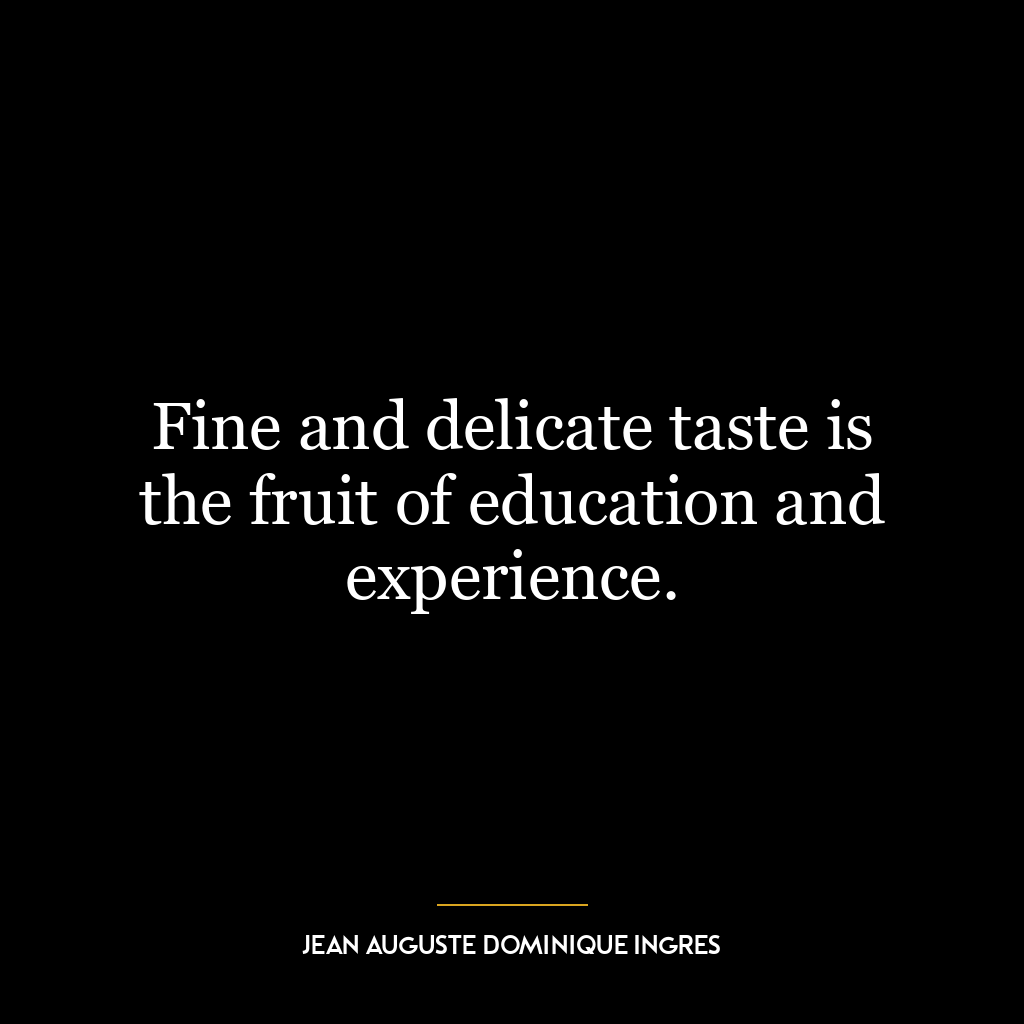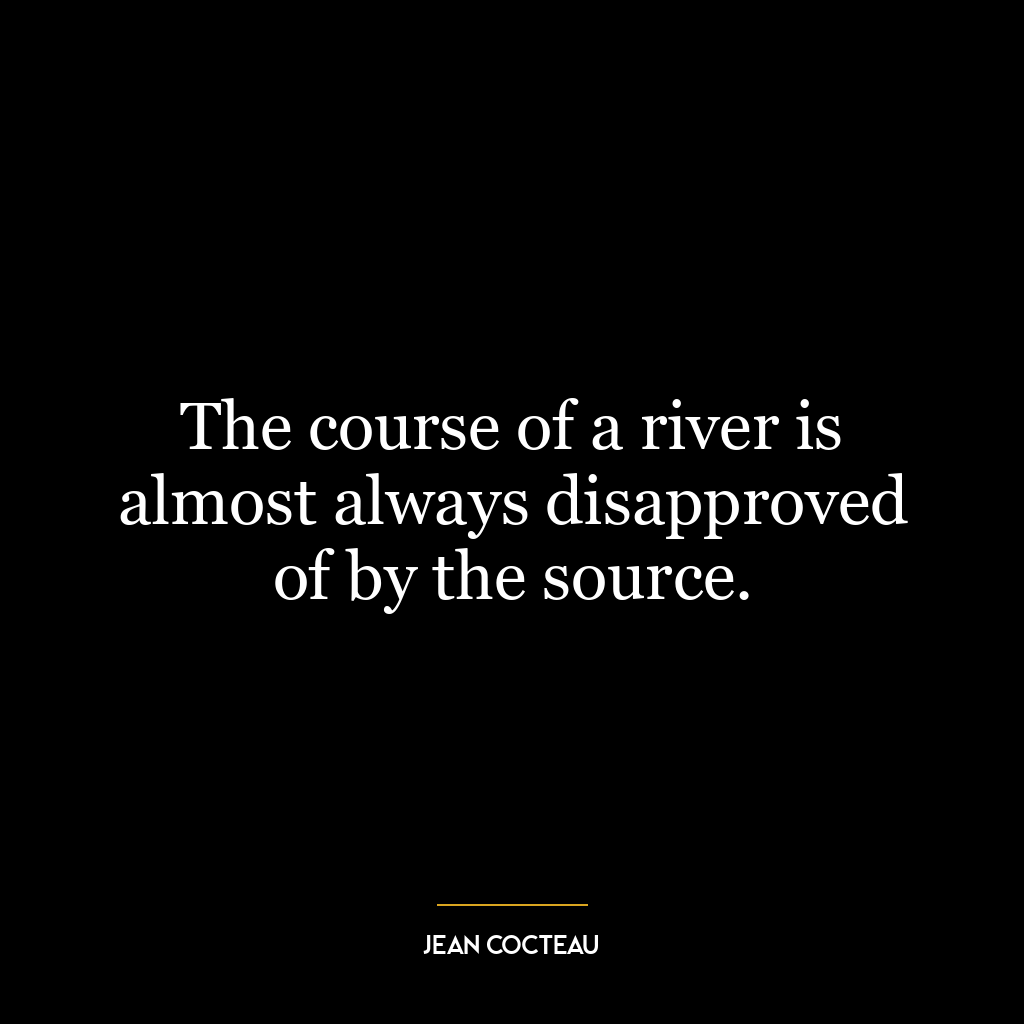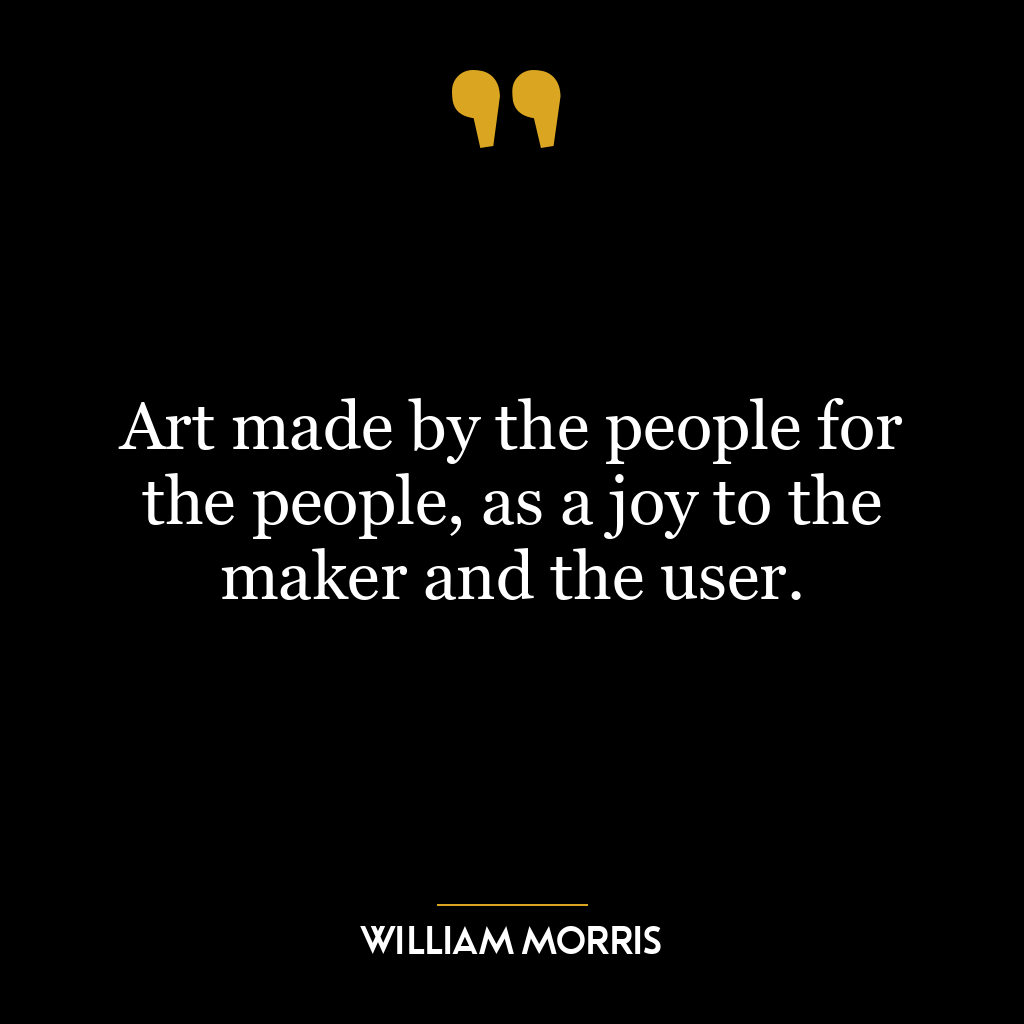This quote emphasizes the joy and satisfaction derived from the process of learning. It suggests that the ultimate pleasure is not in materialistic gains or superficial achievements, but in the pursuit of knowledge and understanding. Learning, in this context, is not merely confined to academic or scholarly pursuits. It can encompass a wide array of areas, from learning a new skill, understanding a complex theory, to gaining insights into human behavior and the world at large.
The pleasure of learning stems from the fact that it is a never-ending journey. The more one learns, the more one realizes how much more there is to know. This constant quest for knowledge can be deeply gratifying as it not only enriches one’s mind but also broadens one’s perspective, making one more empathetic, understanding, and enlightened.
In today’s fast-paced world, where information is readily available at our fingertips, the pleasure of learning can be even more profound. With the advent of technology, learning has become more accessible, allowing us to delve into areas of interest and explore subjects that were previously out of reach. In this sense, the pleasure of learning can be seen as a driving force for innovation and progress.
In terms of personal development, the pleasure of learning can be a powerful motivator. It encourages curiosity, critical thinking, and a willingness to step out of one’s comfort zone. By continually seeking to learn, one can improve their skills, broaden their knowledge base, and become a more well-rounded individual. Moreover, the process of learning often involves overcoming challenges and solving problems, which can lead to a sense of accomplishment and boost self-confidence.
In conclusion, the pleasure of learning, as suggested in the quote, is a deeply satisfying and enriching experience. It is a lifelong journey that can enhance personal growth, foster innovation, and contribute to a more understanding and enlightened society.




